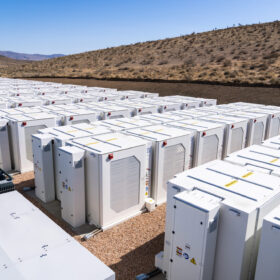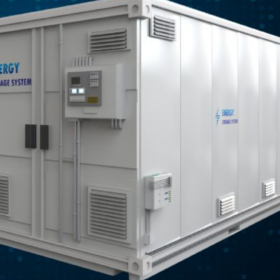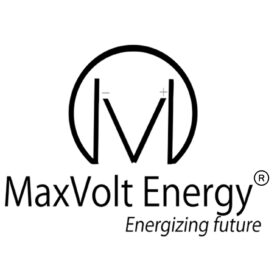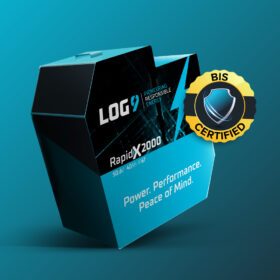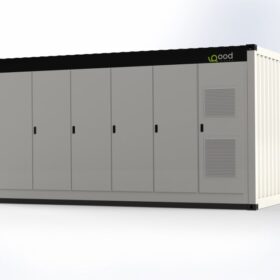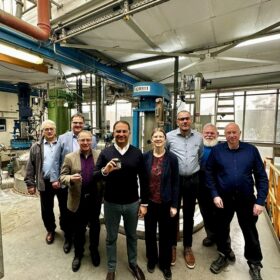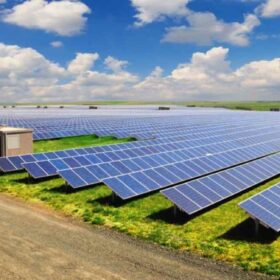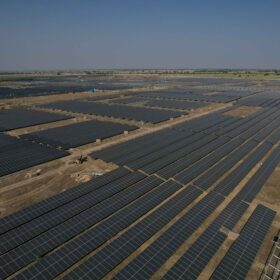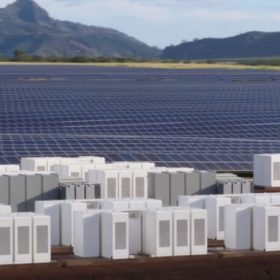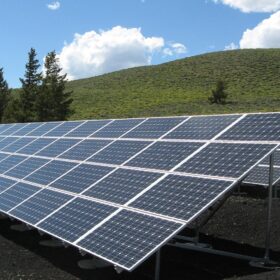Lithium-ion battery fire safety starts with the manufacturer
Fluence America’s president says stakeholder and first responder engagement is necessary to keep failures from becoming newsworthy events.
Battrixx to use EVE Power’s battery cells for energy storage solutions
Kabra Extrusion Technik will produce advanced battery energy storage system (BESS) solutions based on battery cells from China’s Eve Power.
Maxvolt secures $1.5 million for lithium battery plans
Maxvolt Energy Industries has raised $1.5 million from angel investors to accelerate its lithium battery research and development efforts, enhance the production capacity, and expand market reach.
Log9 Materials achieves BIS certification for its LTO batteries
The certification signifies that Log9’s lithium titanate oxide (LTO) batteries comply with India’s stringent safety and performance standards for EV batteries.
RCRS Innovations to scale lithium battery manufacturing capacity, launch new product lines
Noida-based RCRS Innovations Ltd, the parent company of lithium-ion battery manufacturer EXEGI, plans giga-scale expansion. It will also launch container-sized energy storage solutions with megawatt-hour level capacities and add TOPCon products to its range of solar panels.
Himadri Speciality Chemical acquires 40% stake in Invati Creations
Himadri Speciality Chemical has acquired 40% stake in Invati Creations, a company focused on engineering Lithium-ion electrode materials. The acquisition was done for a consideration of INR 45.16 crore.
GoodEnough Energy to set up 20 GWh battery storage factory in Jammu & Kashmir
Noida-based GoodEnough Energy will set up a battery energy storage gigafactory with an annual capacity of 20 GWh in Jammu & Kashmir. The factory’s initial capacity of 7 GWh will commence operations by October 2024.
5 ways to recycle Li-ion batteries
Recycling end-of-life lithium-ion batteries can help address the problem of material scarcity by reducing dependence on lithium mining by 25%, and cobalt by 35%. It would also ensure the local availability of recycled critical materials. Here’s a look at the different ways to recycle batteries.
Epsilon Advanced Materials completes acquisition of LFP Cathode Technology Center in Germany
Acquisition of the technology center in Germany expedites Epsilon Advanced Materials’s plans to establish a lithium-ion phosphate (LFP) cathode manufacturing plant in India, Asia’s first outside of China
Govt tenders 10 GWh of battery cell manufacturing under PLI Scheme
India’s Ministry of Heavy Industries has invited global bids to set up a cumulative 10 GWh of giga-scale advanced chemistry cell (ACC) manufacturing facilities under production-linked incentives scheme. Bidding closes on April 22 and bids will be opened on April 23, 2024.
